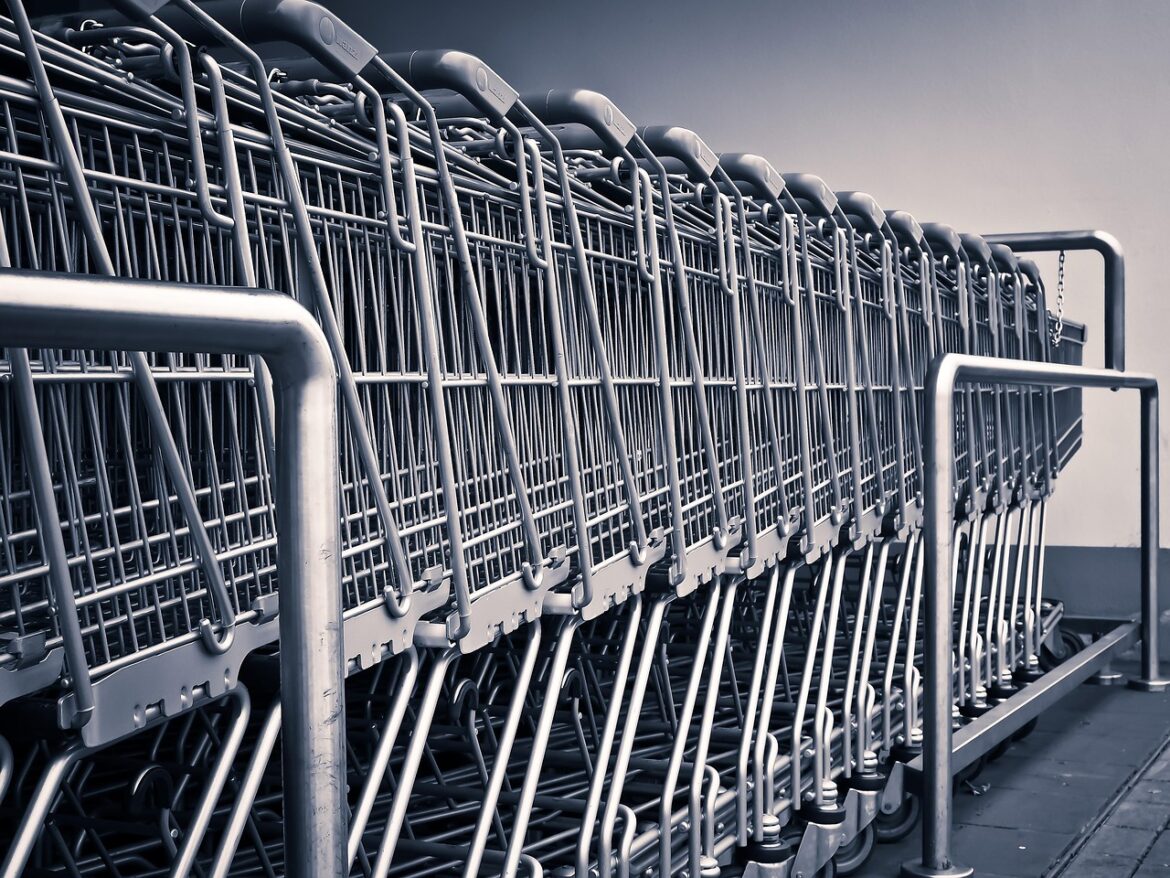Hook: Navigating the New Green Frontier
Imagine walking into your local grocery store in 2025 and noticing everything—from the packaging to the produce—carrying stories of sustainability that go beyond buzzwords. Corporate sustainability has shifted from a niche ideal to a core business strategy, especially in the grocery sector, where fresh food, packaging, and supply chains are getting green makeovers.
Why Sustainability Matters in Grocery Retail Grocery retail isn’t just about selling food anymore. It’s about stewarding resources, tackling climate change, and meeting increasingly eco-conscious consumer expectations. Industry leaders and fresh summit experts are ramping up efforts to reduce waste, improve energy efficiency, and innovate across the supply chain.
Key Trends Revolutionizing Grocery Sustainability
1. Cutting Waste and Shrinkage in Fresh Foods Waste reduction is a buzzword that’s turning into action. At recent industry summits, specialists highlighted how grocers are dramatically cutting down on food shrink by redesigning supply chains and improving freshness management. This means fewer perfectly edible items get tossed just because they’re near expiration.
For example, fresh produce categories are using smarter inventory tech to match stock levels with real-time consumer demand, preventing unnecessary surplus and landfill contributions.
2. Eco-Friendly Packaging Innovations The traditional plastic container is on shaky ground. Grocers and suppliers alike are embracing biodegradable, recyclable, or reusable packaging. Companies such as Loop and TerraCycle are championing packaging you can return for cleaning and reuse—think of it like a library for containers.
Meanwhile, edible packaging made from seaweed and natural materials is gaining traction, turning dinner leftover containers into a sustainable extension of the meal itself.
3. Carbon-Neutral and Net-Zero Commitments Major grocery chains like Kroger, Unilever, and Nestlé are public about their ambition to hit net-zero emissions by 2030. This involves overhauling energy use in stores and warehouses, improving sourcing practices, and investing in carbon offset projects.
Kroger’s recent earnings report reflects strategic sustainability moves with margin resilience amidst inflation, credited in part to reducing supply chain costs and lowering shrinkage.
4. Digital Transparency and Traceability The future is about knowing exactly where your food comes from and how it was made. Supply chains are becoming digitally transparent, allowing consumers and businesses alike to trace every step—from farm to store shelf.
This tech-driven clarity not only builds trust but also helps identify less sustainable pinch points and opportunities for improvement.
5. Water Conservation in Agriculture and Beyond Water-saving technologies, like closed-loop water systems and precision irrigation, are becoming standard across food production. With water scarcity accelerating, these innovations help grocers support sustainable farming and reduce their environmental footprints.
Putting It All Into Perspective
These trends aren’t theoretical—they’re happening now and reshaping how groceries operate:
- Shrink reduction initiatives save millions of pounds of food from becoming waste.
- Reusable and biodegradable packaging is phasing out single-use plastics.
- Carbon-neutral pledges are driving operational shifts and investments.
- Supply chains are getting clearer and smarter with traceability technology.
- Water conservation tech supports sustainable sourcing.
Why Does This Matter To You?
Whether you’re shopping or working in the grocery industry, these sustainability shifts affect your daily choices and career landscape. They represent a movement towards groceries that feed people and the planet, making it easier to shop guilt-free and more rewarding to build greener businesses.
Final Thought
Think of the grocery sector in 2025 as a garden blooming with innovation and responsibility. From eco-packaging to digital transparency and carbon-savvy practices, it’s a landscape where sustainability isn’t just a trend—it’s the new baseline for doing business well.
Embracing these changes means healthier food for consumers, a healthier planet for all, and smarter businesses ready for the future.
Stay tuned—2025 is only the beginning!
References:
- https://store.mintel.com/us/report/grocery-retailing-us-2025/
- https://www.nationalgrocers.org/news/fresh-innovation-and-industry-insight-drive-nga-fresh-summit-2025/
- https://www.naturalgrocers.com/health-hotline-article/natural-grocers-2025-trends
- https://www.infios.com/en/knowledge-center/blog/top-7-sustainability-trends-to-watch-in-2025
- https://www.ourbusinessladder.com/trends-in-the-food-and-beverage-industry-for-2025/
- https://www1.appa.org/jobexpress/positions_search.cfm
- https://www.ainvest.com/news/kroger-q1-2025-earnings-navigating-inflation-embracing-digital-dominance-sustainable-growth-2506/
- https://www.bwslaw.com/insights/public-law-update-court-of-appeal-clarifies-the-unavailability-of-class-actions-under-the-california-public-records-act/?contact=steve



